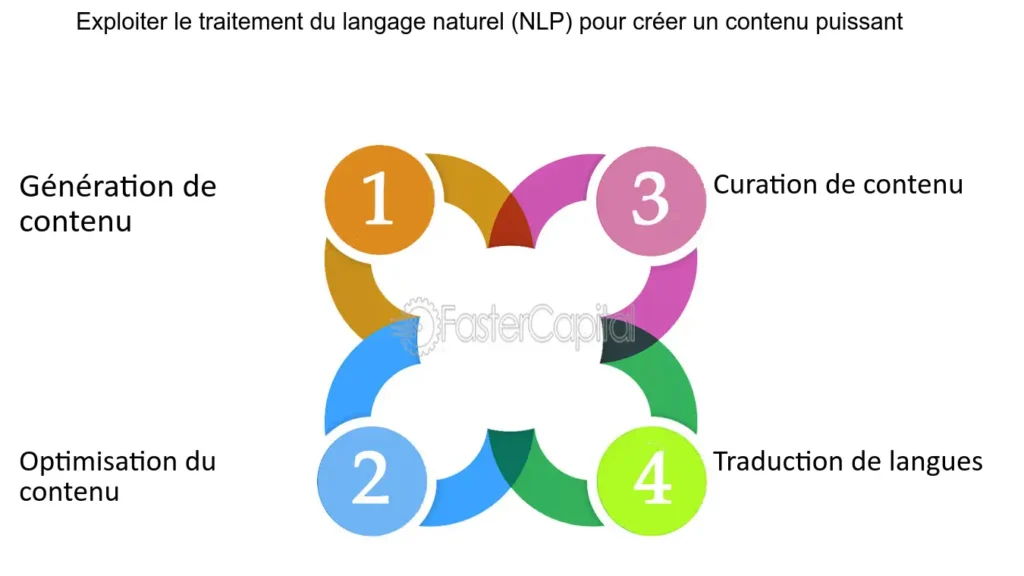– Adobe veut accéder à vos projets Photoshop pour s’assurer qu’ils respectent les règles.
– Ça veut dire qu’ils peuvent regarder ce que vous faites.
– Pas cool, mais c’est comme ça maintenant.
Photoshop’s new terms of service have stirred up quite a bit of controversy lately, especially with their requirement for users to grant Adobe access to their active projects for « content moderation » and other purposes. Many users have expressed concerns about their privacy and the potential implications of giving Adobe such access to their work. In this article, we will delve into this new requirement in detail and explore what it means for Photoshop users.
First and foremost, it’s important to understand what exactly Adobe means by « content moderation » when it comes to users’ active projects. Essentially, this means that Adobe will have the ability to monitor and regulate the content that users are creating within Photoshop. This could involve scanning for inappropriate or offensive material, copyright infringement, or other violations of Adobe’s terms of service. While this may seem like a reasonable policy on the surface, some users are worried about the potential for abuse or misuse of this power.
To illustrate this concept further, let’s consider a practical example. Imagine you are working on a design project for a client in Photoshop, and you include some stock images that you purchased from a reputable website. If Adobe’s content moderation system flags these images as potentially copyrighted material, they could potentially alert the authorities or take action against you for using them without permission. This could not only jeopardize your project but also damage your reputation as a designer.
Now, let’s break down the process of granting Adobe access to your active projects step by step. When you agree to the new terms of service, you are essentially giving Adobe permission to access and analyze the content of your projects in real-time. This means that Adobe will have the ability to scan your files, folders, and layers within Photoshop to ensure compliance with their guidelines. While this may sound invasive, Adobe assures users that their data will be handled securely and confidentially.
Moreover, Adobe states that they will only use this access for specific purposes such as content moderation, improving their services, and preventing illegal activities. However, some users remain skeptical about the extent of Adobe’s reach and the potential for their work to be compromised. It’s understandable that users would be hesitant to give such broad access to a company, even one as reputable as Adobe.
In light of these concerns, it’s essential for users to carefully consider the implications of granting Adobe access to their active projects. While the new terms of service may offer certain benefits, such as improved content moderation and overall user experience, users must weigh these against the potential risks to their privacy and creative freedom. It’s crucial for users to stay informed about how their data is being used and to advocate for greater transparency and accountability from companies like Adobe.
In conclusion, the new terms of service requiring users to grant Adobe access to their active projects for « content moderation » and other purposes raise important questions about privacy, security, and creative control. While Adobe’s intentions may be well-meaning, users must be vigilant about how their data is being used and ensure that their rights are being respected. Ultimately, it’s up to each individual user to decide whether the benefits of these new terms outweigh the potential drawbacks. Thank you for taking the time to read this article, and please share it with your friends to spread awareness about this important issue.


